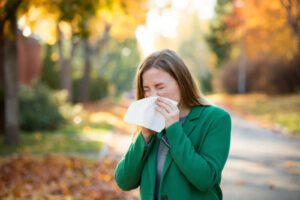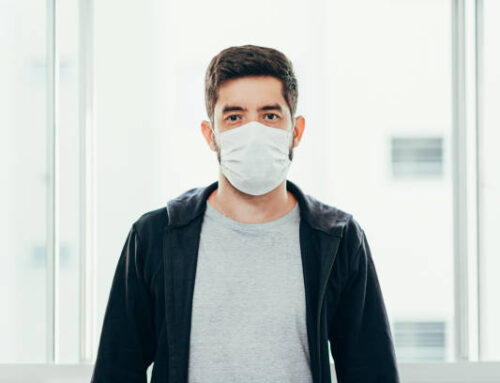
Allergic Rhinitis (Hayfever)
Allergic rhinitis, commonly referred to as hayfever, affects approximately 1 in 5 Australians. It may be caused by one or more allergens, including pollens (grasses, weeds or trees), dust mites, mould and animal dander.
Symptoms include a runny, itchy or congested nose, sneezing and itchy or watery eyes. Unlike viral infections, these symptoms tend to persist unless treated.
Symptoms may occur seasonally (eg in spring/summer, usually due to pollen) or throughout the year (usually due to dust mites, mould or animal dander). Complications of untreated allergic rhinitis can include sleep disturbance, daytime tiredness, headaches, recurrent ear or sinus infections and poor concentration. It can also make asthma more difficult to manage.
Treatments for allergic rhinitis include:
- non-sedating antihistamines (tablets, syrups eg Claratyne, Telfast, Zyrtec etc)
- intranasal corticosteroid sprays (eg Nasonex, Rhinocort etc)
- nasal sprays containing a combination of corticosteroid and antihistamine (eg Dymista)
- antihistamine eye drops (eg Visine, Zyrtec)
- oral medications that treat asthma and allergy (eg Singulair)
- saline (salt water) nasal sprays & rinses
- house dust mite avoidance measures
Patients with severe allergic rhinitis may benefit from referral to a clinical immunology/allergy specialist for consideration of allergy testing, and potential desensitisation treatment (also known as allergen immunotherapy).
If your symptoms are not well controlled, make an appointment to discuss your symptoms and treatment options with your doctor, and perhaps even consider having an Allergic Rhinitis Treatment Plan.
Written and collated by Dr Denise Ierino



